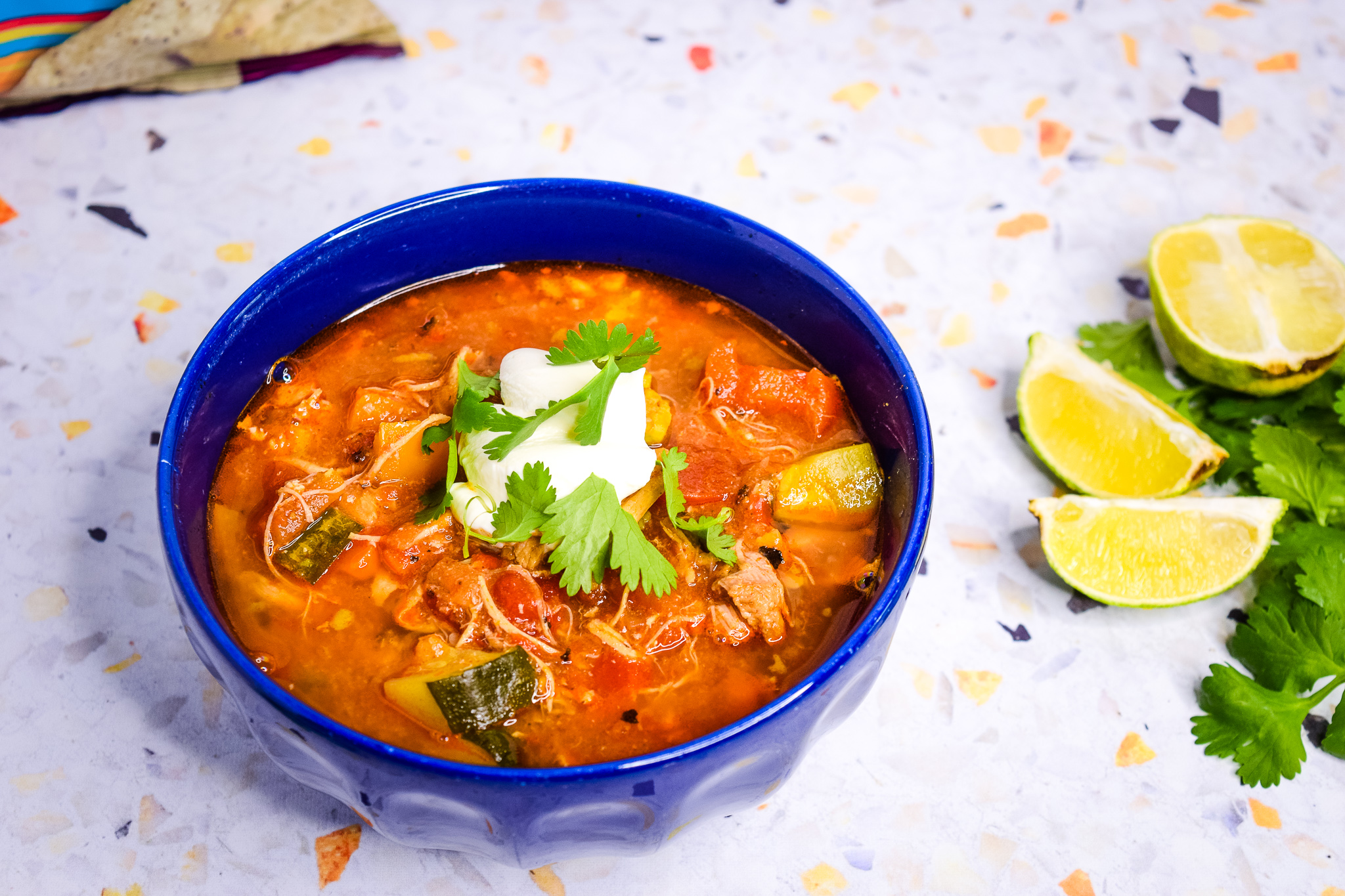Programs
Blog
About
PRegnant
LifeStyle
Postpartum
EXPECTING A BABY IN THE NEXT FEW MONTHS?
DOWNLOAD MY FREE POSTPARTUM ESSENTIALS CHECKLIST
Hi, I'm Liz!
I'm a chocolate-loving nutritionist,
pre & postnatal coach, doula and let's face it- total birth nerd 🤓.
I'm here to help you cut through mommy-marketing and pinterest perfection to confidently cultivate a pregnancy and postpartum experience you totally love.
Let's Connect
RECIPES
BREAKfast
beverages
main dish
dips & Dressings
salads & Sides
snacks
soups
treats
instant pot
one dish meals
quick meals
Pregnancy
Birth Planning
FIrst Trimester
Second Trimester
THird Trimester
Postpartum
Postpartum Planning
FOurth Trimester
REcovery
wellbeing
Fitness
Pregnancy Loss
Understanding Loss
Recovery After Loss
Friends & Family SUpport
PArent Life
Pregnant?
Check out the
5 core exercises you need to know!
Take the stress off your plate! Download
Meals Made Simple!
i need this!
Yes Please!
shop SAfer at beautycounter
Get the BEst Non-toxic Deodorant!
FItness
Nutrition
Nutrition
Grief & wellbeing
Pregnancy After Loss
Understanding Loss
Recovery After Loss
Friends & Family SUpport
Grief & wellbeing
Pregnancy After Loss
Understanding Loss
Recovery After Loss
infant & Toddler Feeding
Grief & wellbeing
Pregnancy After Loss
Newborn Care
Family Dynamics
PArent Relationships
lactation
Pregnancy After Loss
Self-Care 101: How to Deal with Stress
We’ve all been there – a work deadline is approaching faster than you’d like, there’s so much on your plate that you feel on the verge of a mental breakdown, or you sit in an hour’s worth of traffic on the way home. Bring on the increased heart rate, sweaty palms, tense muscles, and a big ol’ dose of cortisol, am I right?
Our body is beautifully designed with the fight or flight response (aka – all of those aforementioned stress effects) to help us deal with stressors that come our way. Back in the day, these physical reactions in the body helped our ancestors fight off predators that threatened their survival. In today’s fast-paced, time-is-money world, stress is almost inevitable. Admittedly, we’re not exactly wrestling with the same circumstances as our primitive friends (in most cases), but we still have to deal with the consequences of these fight-or-flight effects.
Repeatedly, studies have shown just how detrimental chronic stress can be on nearly every system in the body. Therefore, it’s more important than ever to learn safe and effective stress-fighting techniques. Next time you feel overwhelmed and stressed out (cue Twenty One Pilots), think about implementing a few of these tactics to support your body through it.
First things first, let’s talk about things you may be doing to combat your stress that are actually making it worse…
Basically – caffeine, sugar, and alcohol. While it may feel intuitive, and even comforting, to reach for an extra large coffee, a donut, or the booze, these things could be exacerbating your feelings of stress.
Caffeinated diuretics, like coffee, promote mineral excretion. Minerals are important to keep our bodies functioning properly – especially during times of stress when we are ramped up more than usual. Research has also shown that caffeine can increase blood pressure and the production of adrenaline (a stress hormone), so people report feeling more stressed out than they are in reality. Try skipping the coffee next time – herbal tea or turmeric milk are great, body-friendly options if you’re craving that hot drink!
Consumption of both sugar and alcohol can lead to mineral wasting as well – specifically the magnificent stress-fighting mineral magnesium. Magnesium plays a huge role in calming our body during periods of stress, but, believe it or not, most Americans are deficient in it. No wonder we’re all on edge! For every one molecule of glucose that a person consumes, it takes nearly 28 molecules of magnesium for our body to metabolize it.
This doesn’t mean you should avoid sugar and alcohol at all costs (moderation is a beautiful thing)…but if you’re feeling stressed, whole, nutrient-dense foods will be your body’s biggest ally in promoting calm and relaxation.
Are there any foods that are more supportive of fighting off stress?
Of course! Specifically, we’re going to focus on magnesium (duh!), B vitamins, and antioxidants.
Magnesium
Magnesium is involved in hundreds of enzymatic processes within the body including the production of cellular energy. It promotes muscle relaxation, produces melatonin, and helps engage our parasympathetic nervous system (the opposite of fight or flight; commonly called the rest or digest state).
Foods rich in magnesium include:
· Cacao
· Avocado
· Sea vegetables
· Pumpkin seeds
· Almonds
· Dates
· Dark, leafy greens
As an added bonus, magnesium can actually be absorbed through the skin! Taking an Epsom salt bath is another way to boost your magnesium stores. Light candles and play some music to take the stress-reducing factor up a notch!
B Vitamins
There are a lot of B vitamins out in the world, and many of them depend on the presence of other B vitamins to function properly in the body. This is why you’ll commonly see “B complex” vitamins on store shelves. B vitamins play a big role in mood modulation and mental capability. Specifically, B6, B9, and B12 aid in the formation of neurotransmitters like serotonin. B12 also helps in energy production.
Food sources of B vitamins include:
· Salmon/Tuna
· Lentils
· Eggs
· Spinach
· Avocado
· Chickpeas
· Mushrooms (shiitake and portabello)
Antioxidants
Antioxidants, specifically vitamins C and E, are found in a variety of colorful fruits and vegetables. The beautiful colors are due in part to phytochemicals called anthocyanins. These are large influencers in how our body responds to stress – specifically playing a role in the production of dopamine. The intake of antioxidant-rich foods also boosts our body’s white cell count which helps it combat stress more effectively. A good rule of thumb – eat the rainbow!
Antioxidant-rich foods:
· Berries
· Bell peppers
· Dark leafy greens
· Pineapple
· Avocado
Stress happens.
That’s just a fact of life.
Thankfully, supporting your body through these stressful periods doesn’t have to be complicated. Next time that work deadline comes around, skip the coffee, incorporate whole, nutrient-dense foods, throw in the occasional Epsom salt bath and find a stress-relieving technique that zens you out – exercise, deep breathing techniques or adult coloring books are all great places to start. Your body will thank you for it!
Guest Post by Chelsea Brinegar
Chelsea is a currently working towards her Masters in Clinincal Nutrition at NCNM and is interning with Sprout Wellness. Stay tuned for more awesome info from Chelsea!
Related
May 26, 2016
Liz Winters
The post may contain affiliate links and the site may earn a commission on some products.
Every item on this page is chosen and recommended by the LWW team.
Read more about our Affiliate Disclosure here.
Holiday hits
Don’t miss these!
Want to add a little ease to your routine as a parent?
Get all my favorite tips, tricks and recipes delivered straight to your inbox.
start here
blog
work with liz
programs
non-toxic living
podcast
contact
© 2021 LIZ WINTERS WELLNESS // WEBSITE BY PINEGATE ROAD
Terms & Conditions
start here
blog
work with liz
PROGRAMS
non-toxic living
podcast
contact
© 2021 LIZ WINTERS WELLNESS // WEBSITE BY PINEGATE ROAD
Terms & Conditions
BADASS Birther's Club
Postpartum Recovery After Pregnancy Loss
How to Support Loved Ones After Loss
start here
blog
work with liz
PROGRAMS
non-toxic living
podcast
contact
© 2021 LIZ WINTERS WELLNESS // WEBSITE BY PINEGATE ROAD
Terms & Conditions
Pregnant
Postpartum



